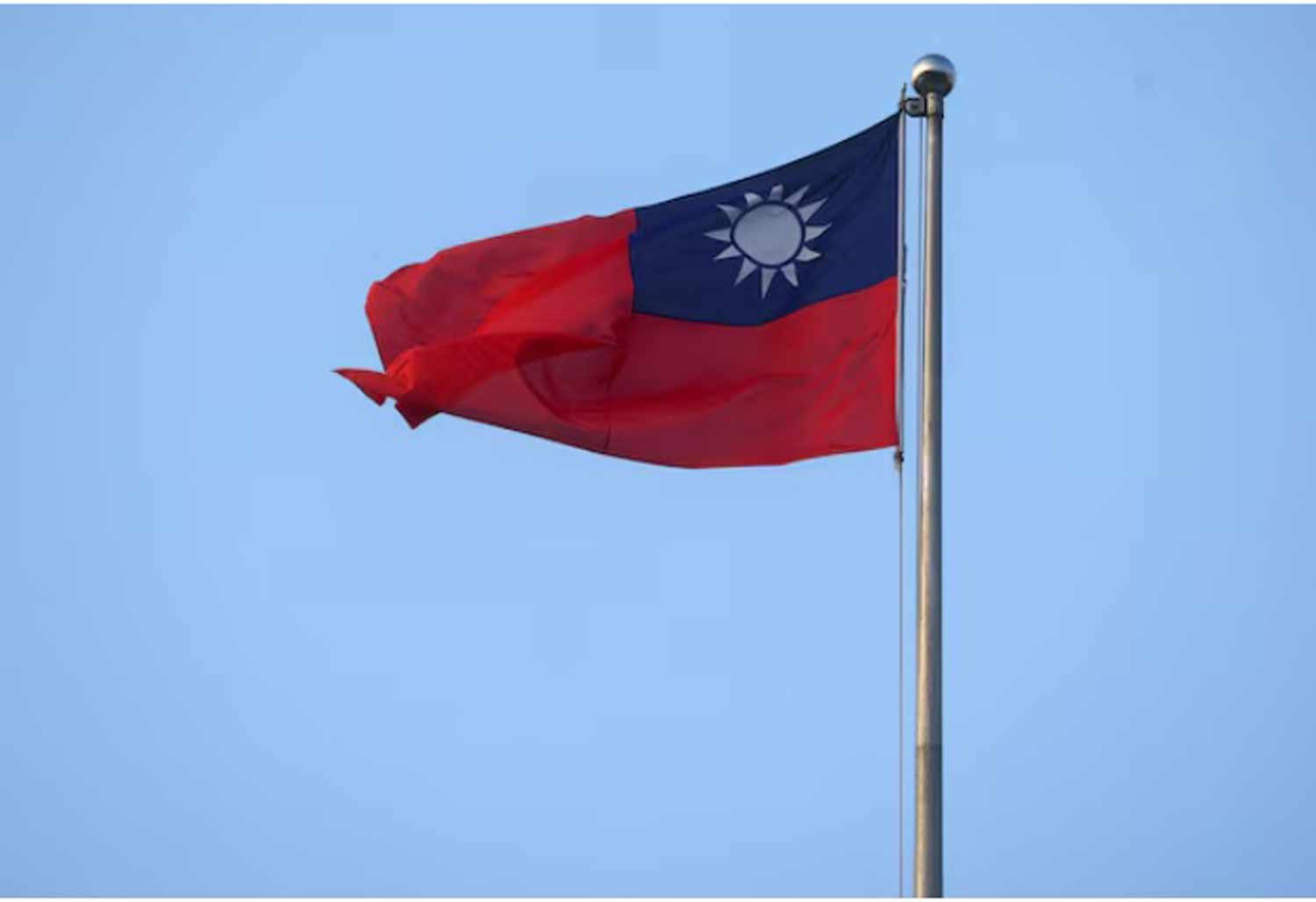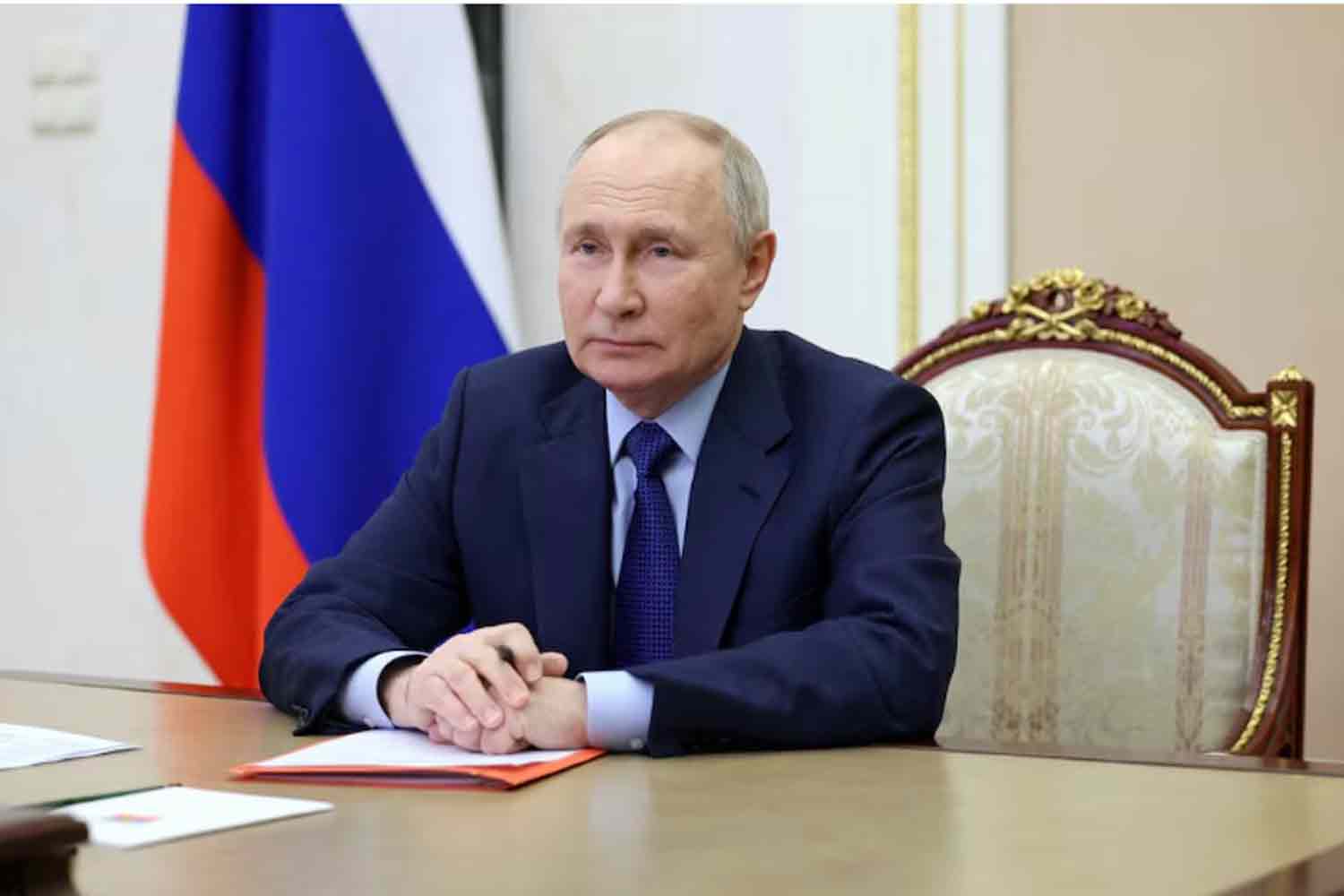Taiwan’s government provided uncommon insights on Tuesday regarding its wartime food strategy, revealing that it is conducting monthly assessments of essential supplies such as rice and ensuring their proper storage throughout the island in anticipation of a potential Chinese blockade. China, which considers the democratically governed Taiwan as part of its territory, has engaged in nearly daily military exercises around the island over the past five years, including drills simulating blockades and assaults on ports. Taiwan’s administration firmly disputes Beijing’s claims of sovereignty.
In its most recent military exercises conducted last week, China simulated blockades of critical ports and regions, as well as attacks on maritime and land targets, according to Beijing. In a report presented to parliament concerning preparations for a possible Chinese blockade, which was reviewed by Reuters, Taiwan’s agriculture ministry stated that it has maintained rice stockpiles exceeding the legally mandated three-month level and has strategically stored food supplies across the island to “reduce the risks of attack.”
The ministry announced that Taiwan’s current rice reserves are sufficient to sustain the island for at least seven months. Plans for rice rationing through supply stations across the island are being developed in anticipation of a potential food crisis. In the event of a blockade, the ministry indicated that additional farmland would be utilized for rice cultivation, while also prioritizing the growth of sweet potatoes, soybeans, and fresh vegetables, along with increasing aquaculture in ponds.
In a situation where sea fishing is restricted, the ministry stated that the island’s fish feed supply would adequately support pond fishing for over three months. Furthermore, the ministry is planning to establish a task force dedicated to ensuring food supply security by conducting monthly assessments of the island’s food resources. Historically, Taiwan was a significant agricultural hub during Japanese colonial rule from 1895 to 1945, but it now relies heavily on imports for most of its food due to the conversion of farmland into factories during the rapid industrialization that began in the 1960s.
Taiwan’s food self-sufficiency rate fell to 30.3% in 2023, marking the lowest point in 18 years, as reported by the ministry.
In a separate briefing to parliament regarding potential scenarios, the National Security Bureau indicated that China’s cyber units are enhancing their capabilities to penetrate critical online infrastructure, such as telecommunications, with the aim of undermining Taiwan through misinformation during a conflict with China.
Furthermore, the bureau noted that over the past two years, China has conducted “joint combat readiness patrols” near Taiwan three to four times each month. The number of tanker aircraft designated for aerial refueling, as well as landing ships and other military assets involved in these exercises, has been steadily increasing.
“This highlights the ongoing escalation of military threats from the communist regime against Taiwan, as they seek to impose a blockade and exert control over our external maritime communication routes,” the bureau stated.
Discover more from Defence Talks | Defense News Hub, Military Updates, Security Insights
Subscribe to get the latest posts sent to your email.





